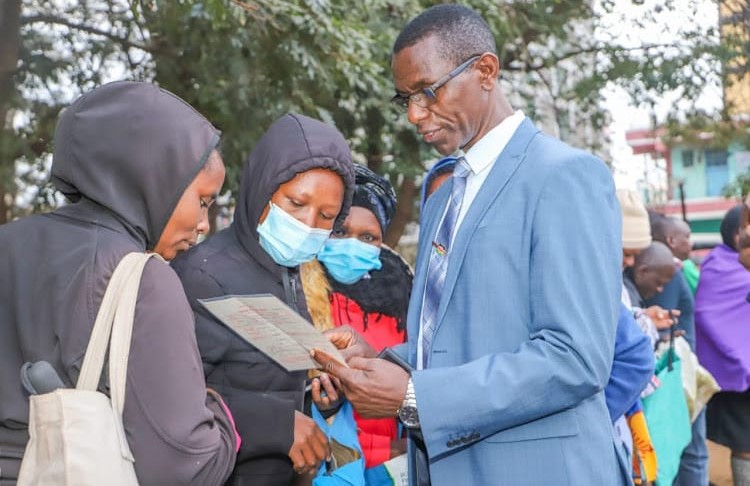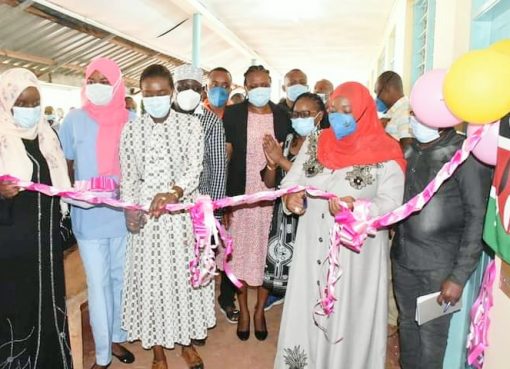About 40,000 needy students in Ruiru constituency will receive Sh90 million bursaries from the National Government Constituency Development Fund (NG-CDF)
The initiative aims to alleviate the financial burden on parents struggling to pay school fees due to the prevailing hard economic times, being experienced in the country.
Area MP Simon King’ara revealed that the initial Sh80 million bursary allocation was inadequate due to high demand from applicants across the eight Ruiru wards.
He cited the constituency’s high population, exceeding 700,000 residents, as a key factor contributing to the increased need for educational support.
Acknowledging the plight of cash-strapped families, King’ara stated, “We usually receive overwhelming numbers of applicants and we are forced to write to the NG-CDF board to allow us to spend extra funds on bursaries as we try to help all applicants.”
The MP highlighted the critical role of NG-CDF in promoting education access and ensuring the realization of a 100% transition rate.
However, despite the positive impact of bursaries, King’ara acknowledged there are challenges in balancing educational funding, with other developmental needs within the constituency.
“To address this, we have forged partnerships with corporate entities, resulting in the construction of over 50 classrooms across local primary and secondary schools”, King’ara said.
Residents, including Anne Waithera and Eliud Njeru, expressed concerns over the inadequacy of the bursary amounts, which typically range from Sh3, 000 to Sh7, 000 per student.
Hence, they argued that more populous constituencies like Ruiru should receive proportionately higher allocations compared to less populated areas.
Njeru advocated for a review of resource allocation criteria, suggesting either the subdivision of Ruiru into smaller constituencies or an increase in NG-CDF funding.
Meanwhile, bursaries have been instrumental in supporting needy families, but there is a call for a fair distribution of national resources to ensure equal access to educational opportunities.
By Norman Kavithi





